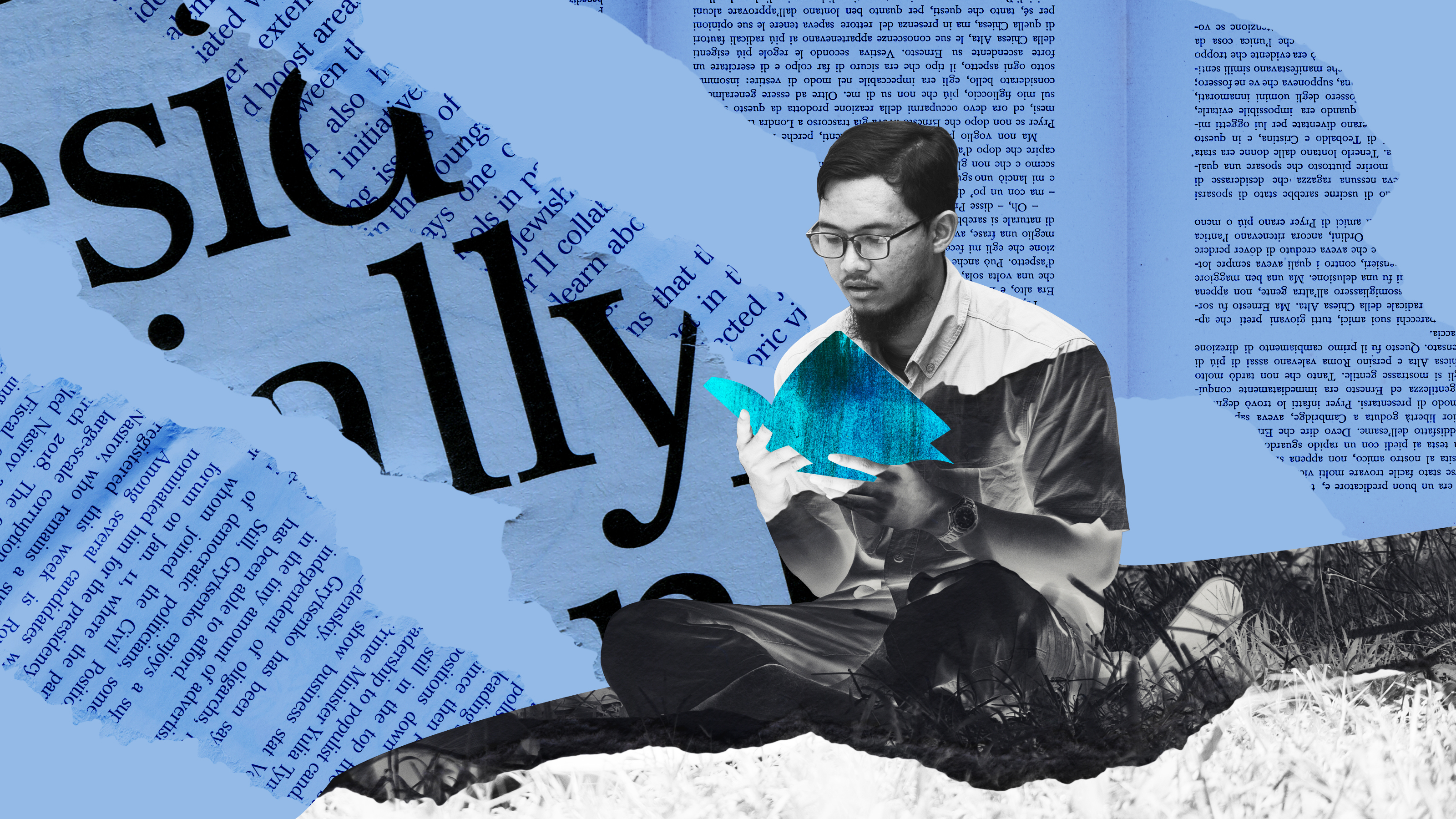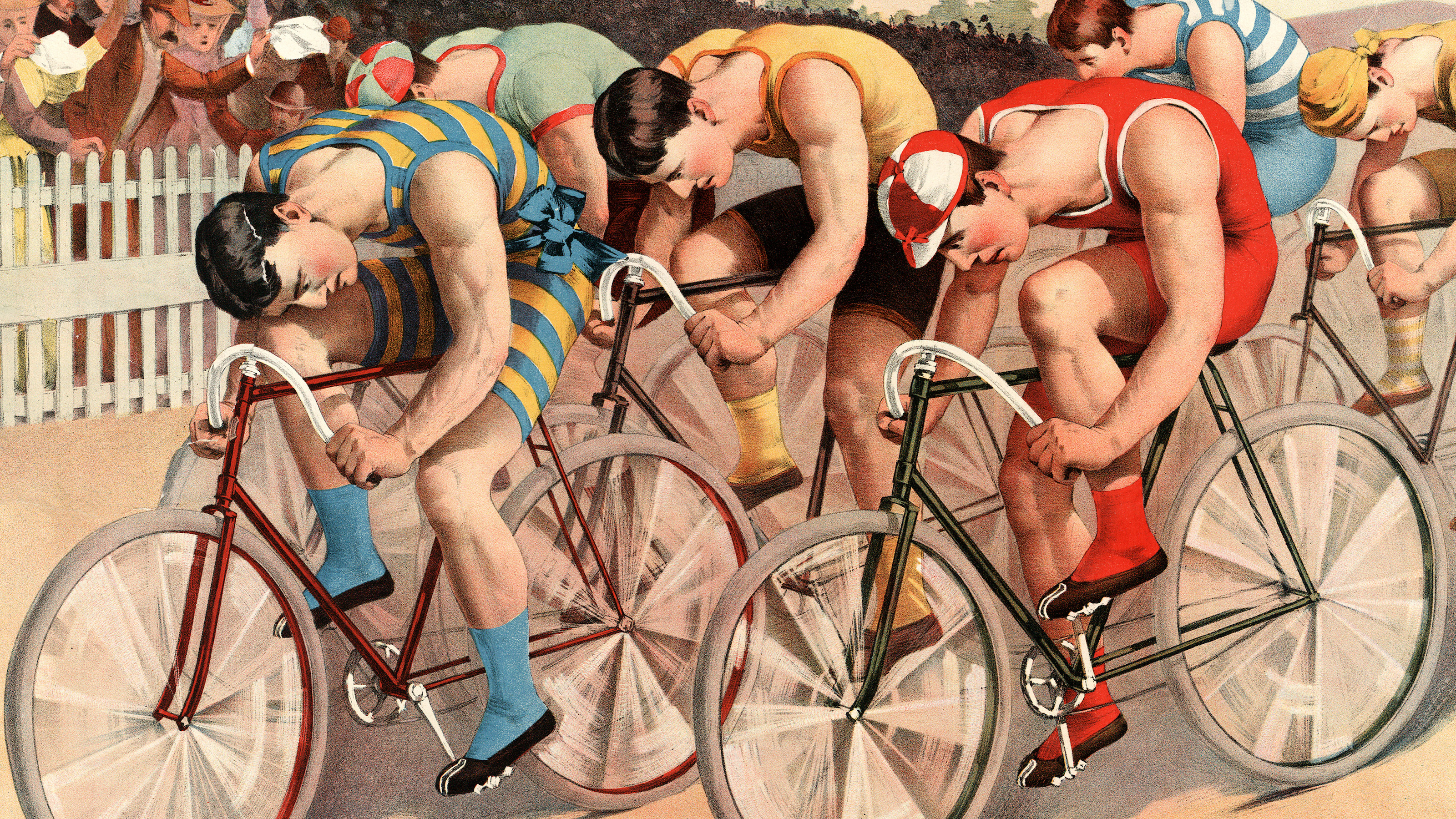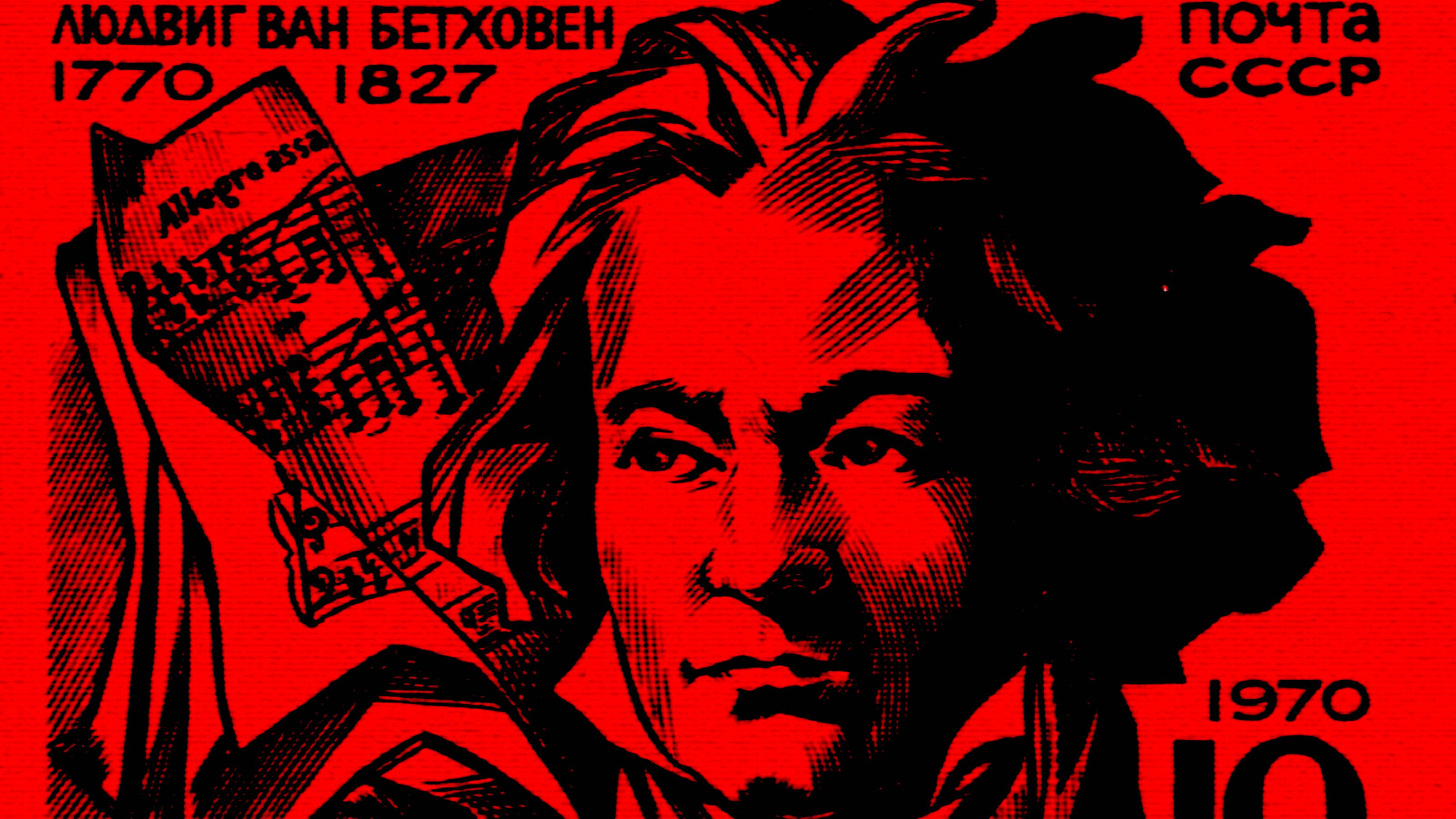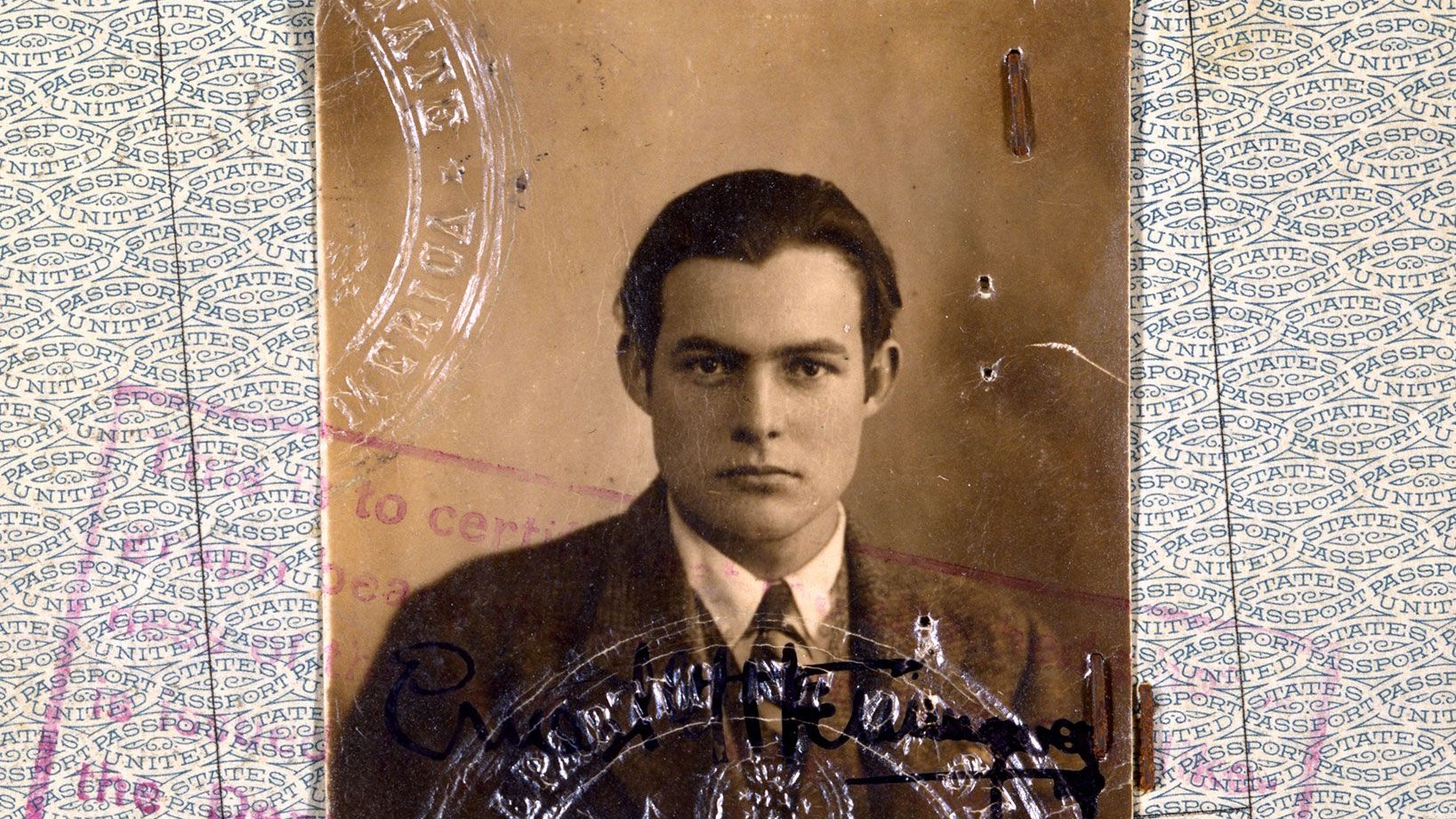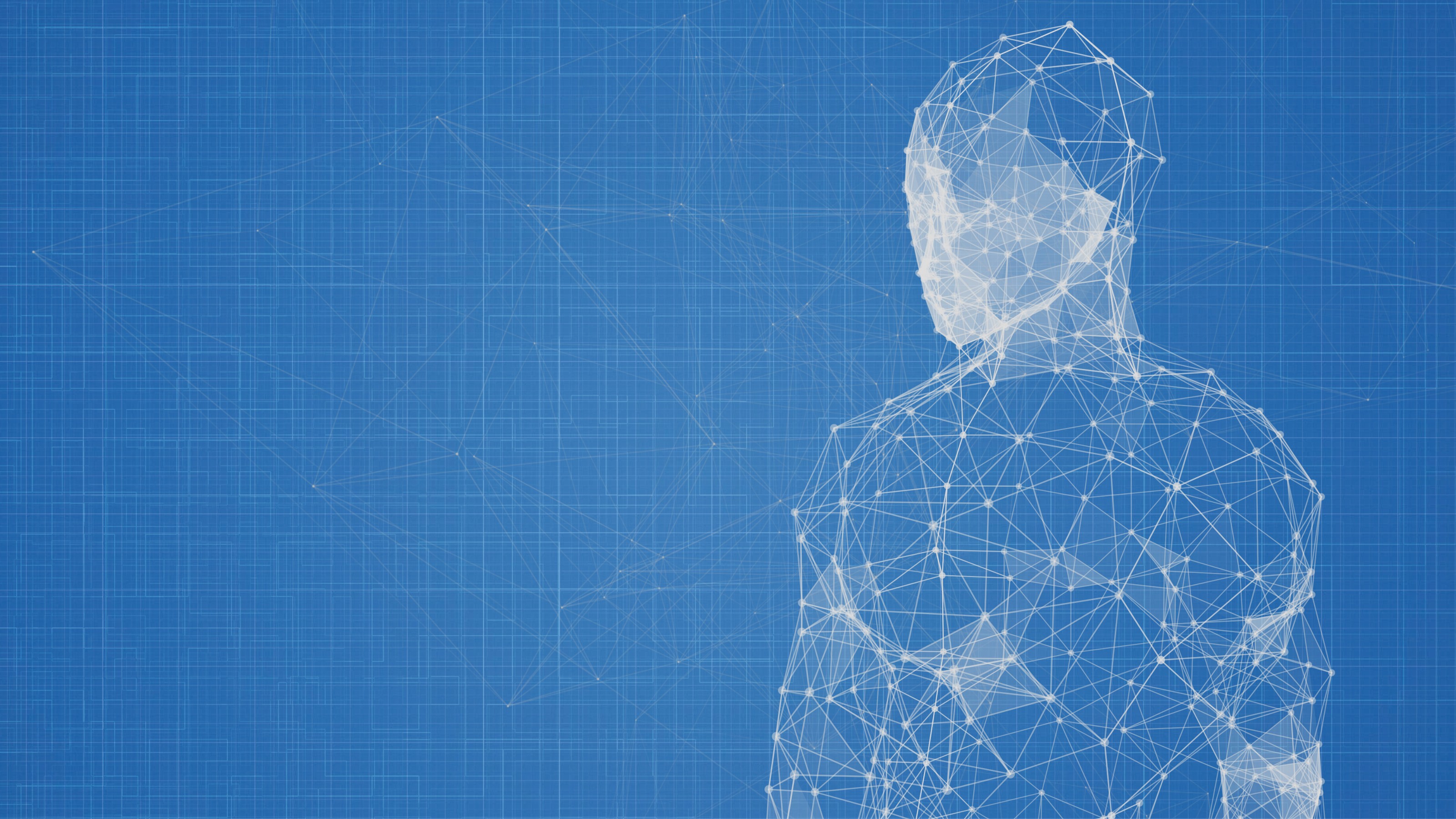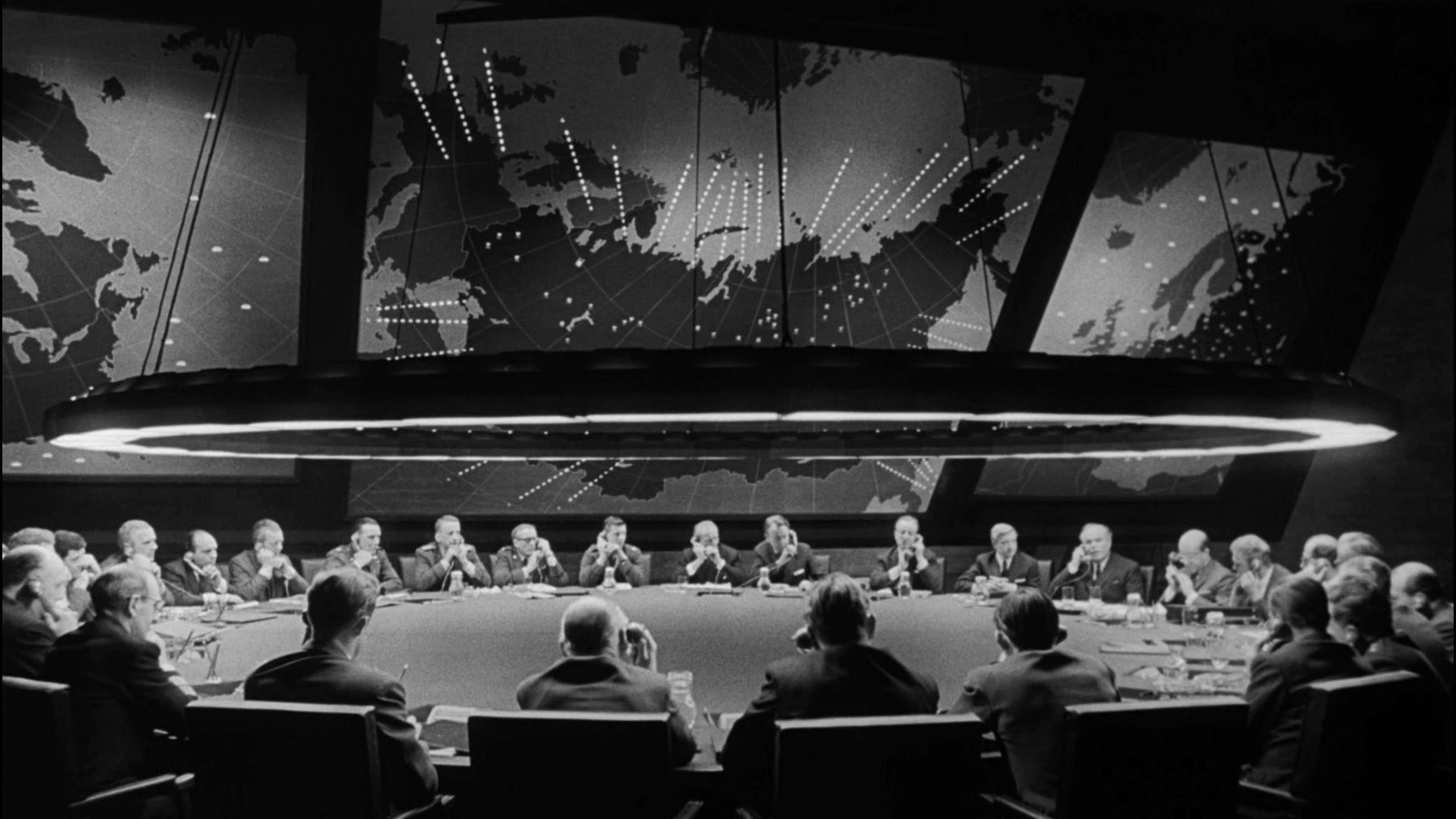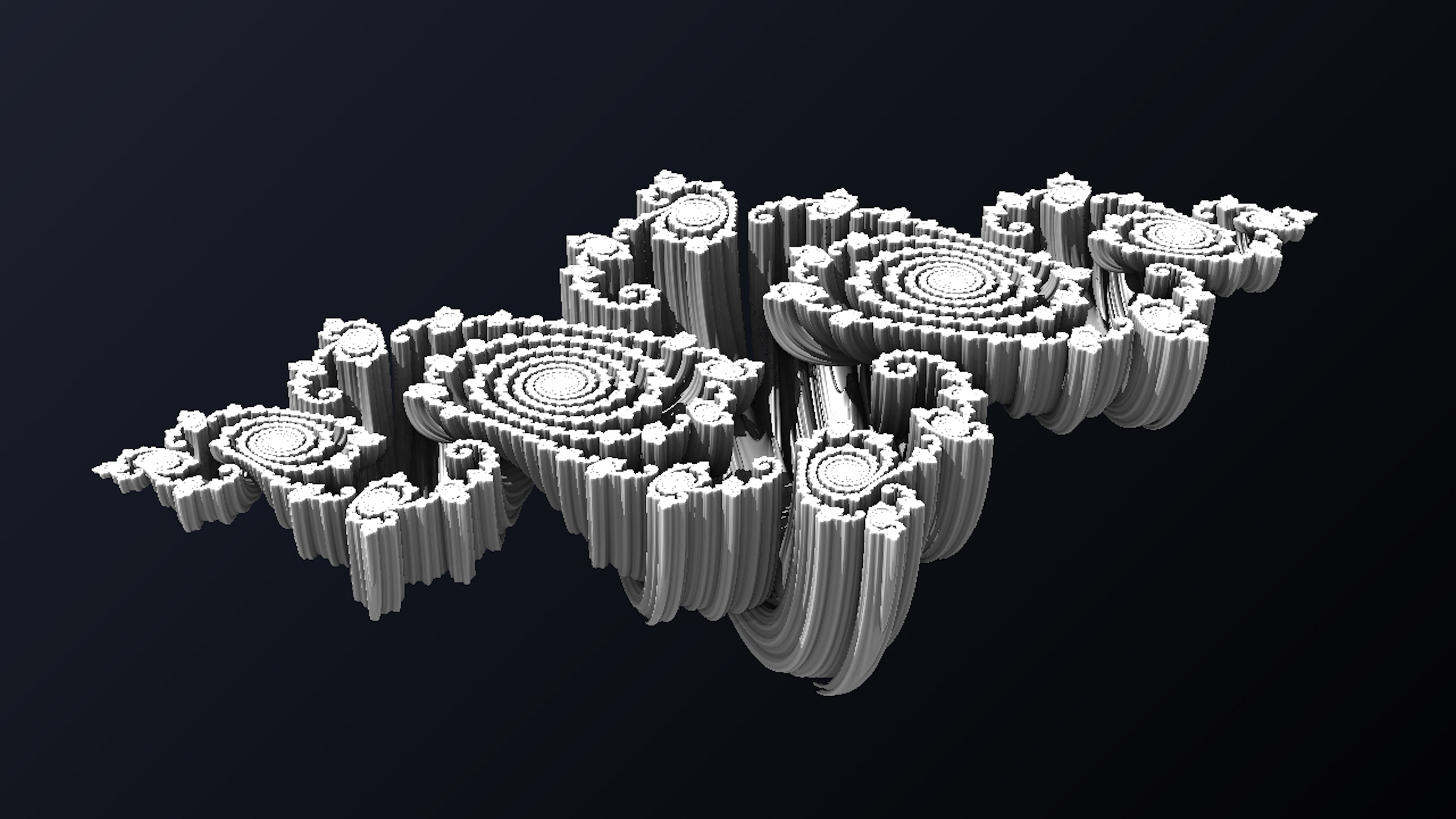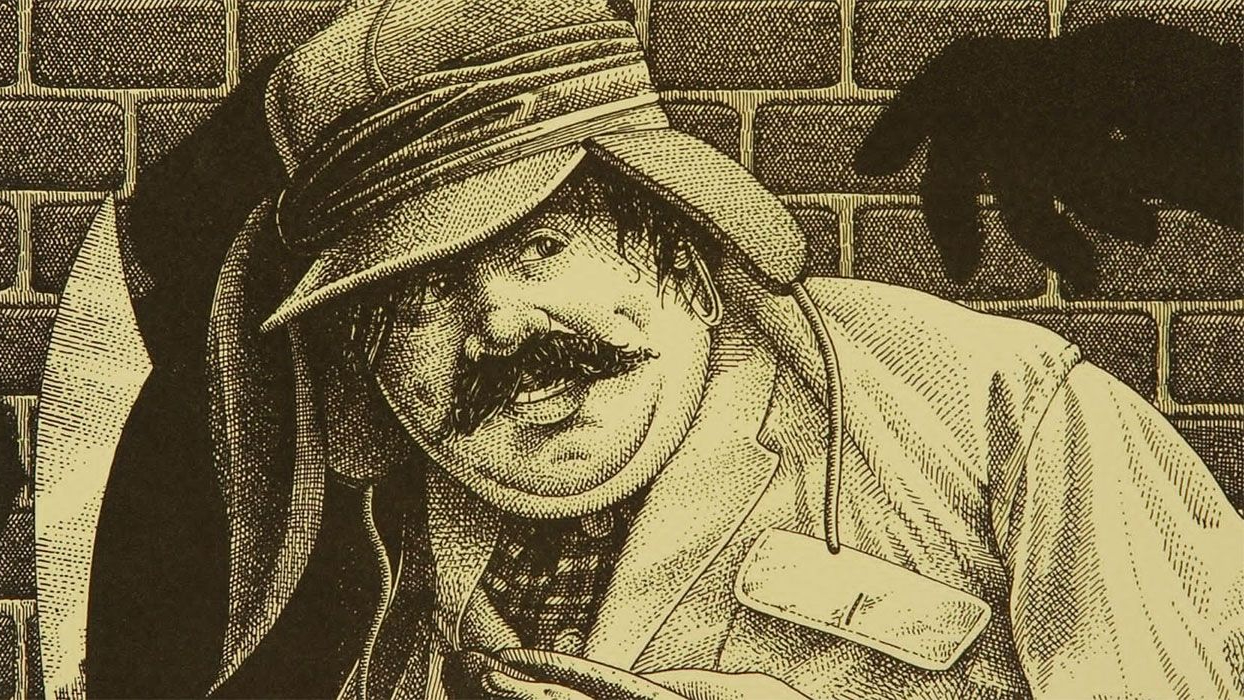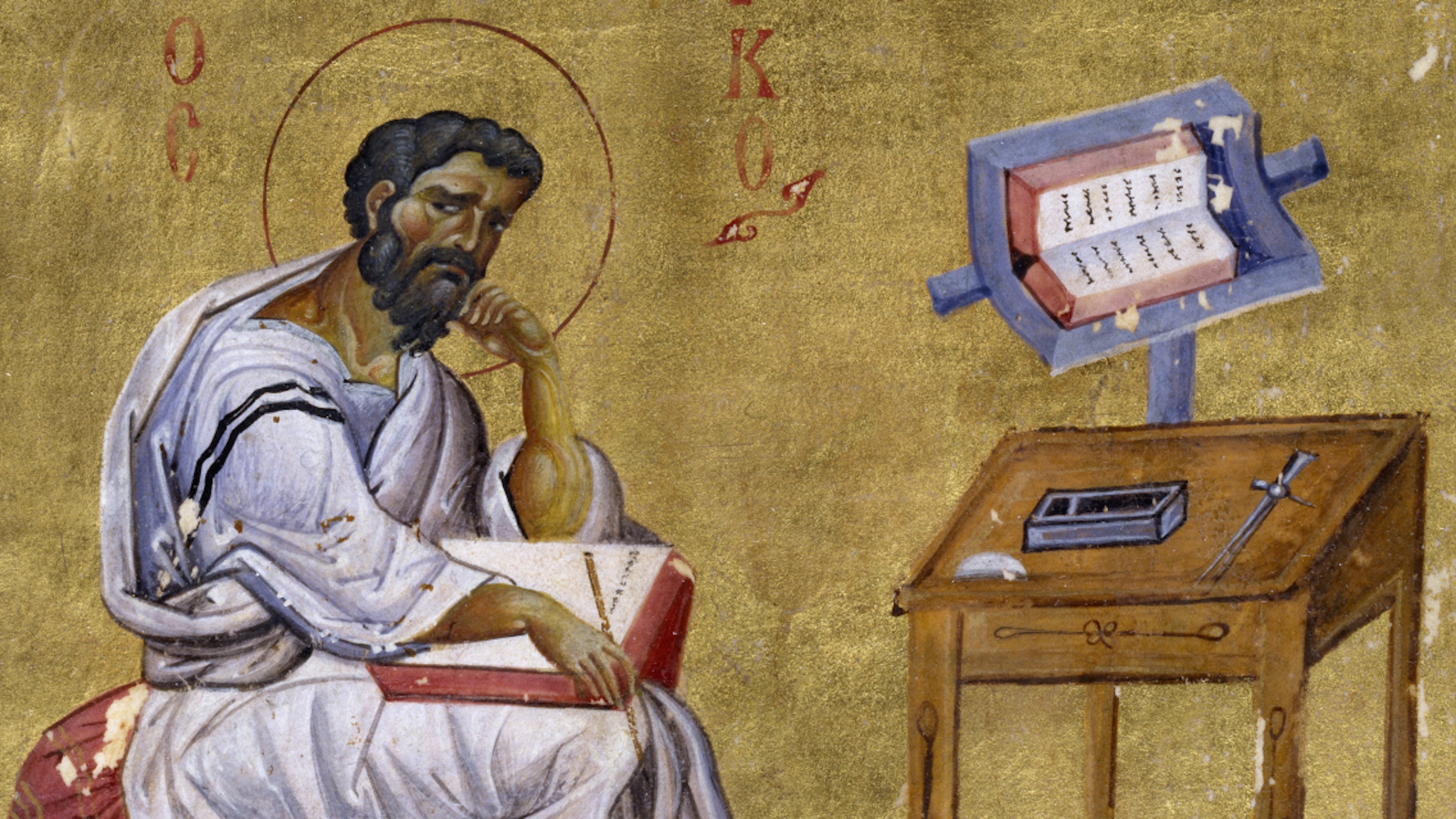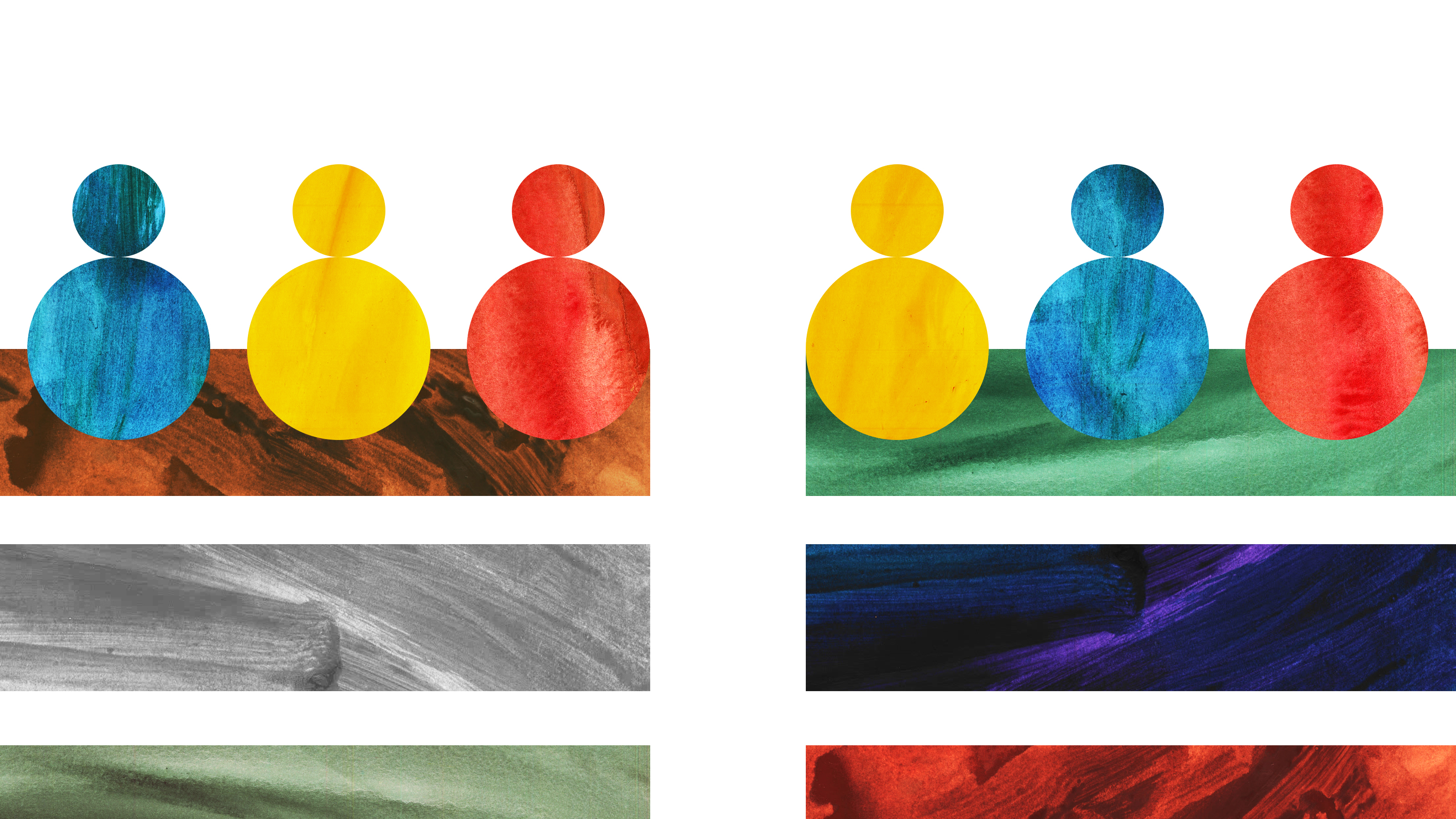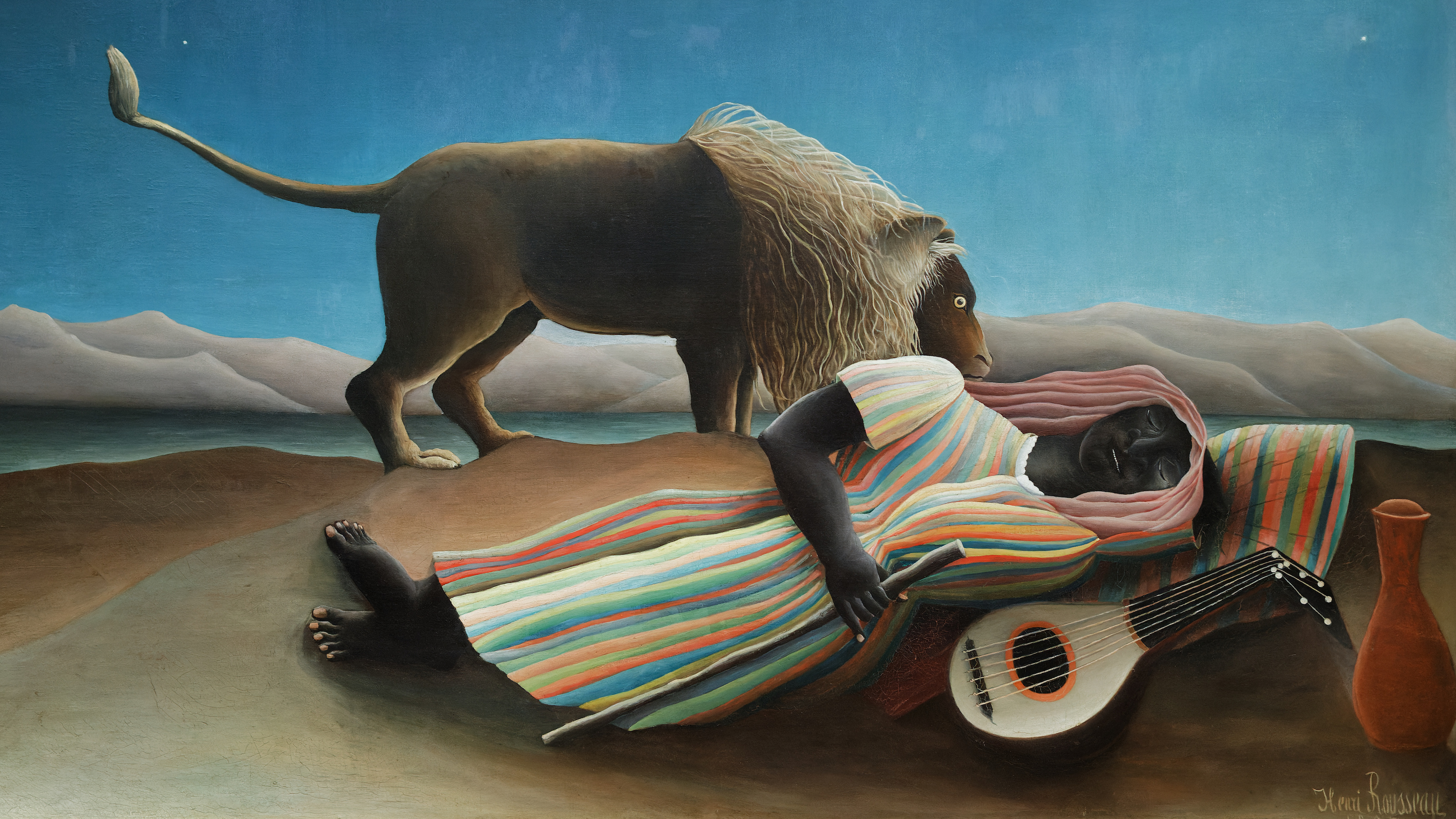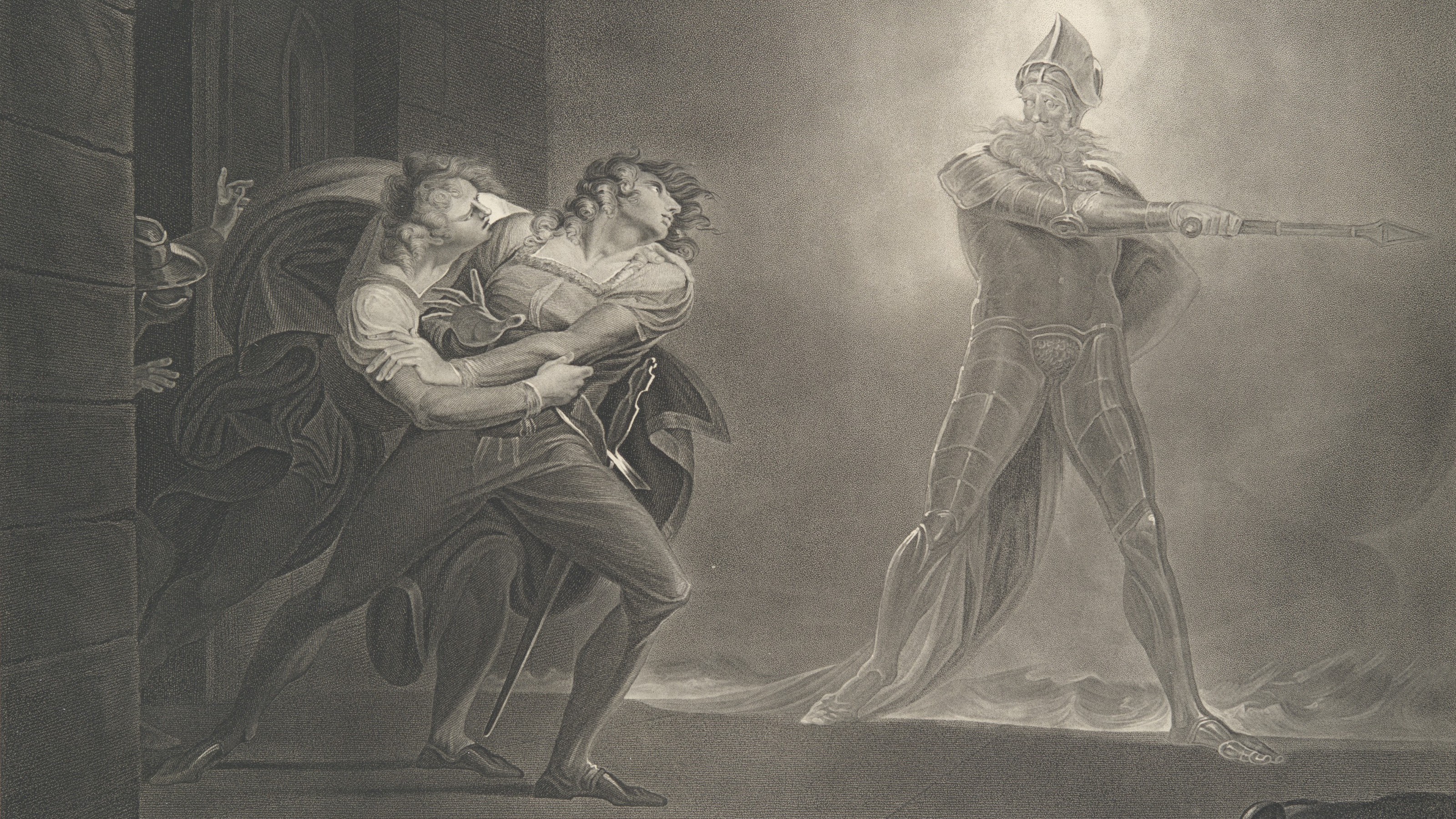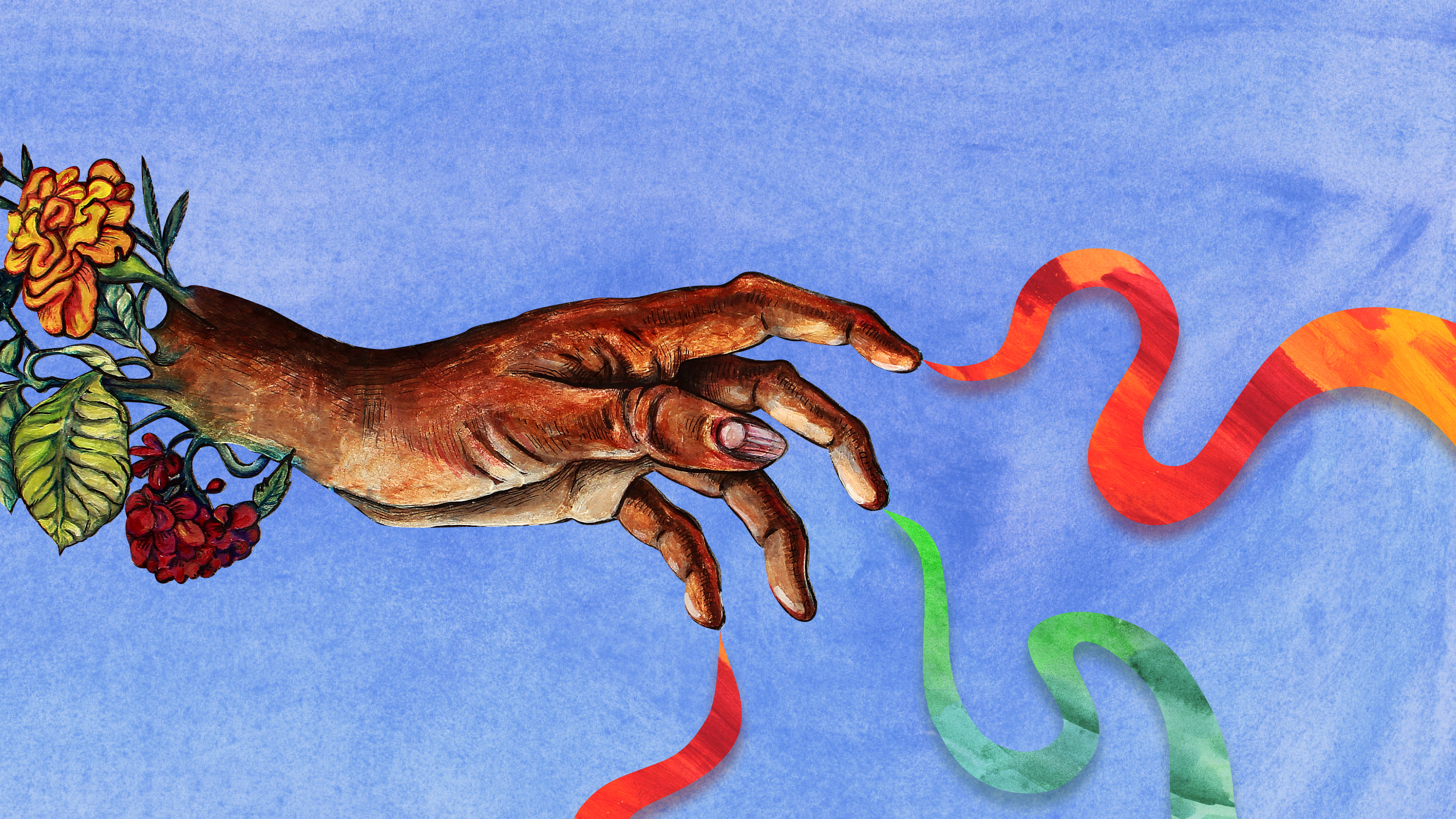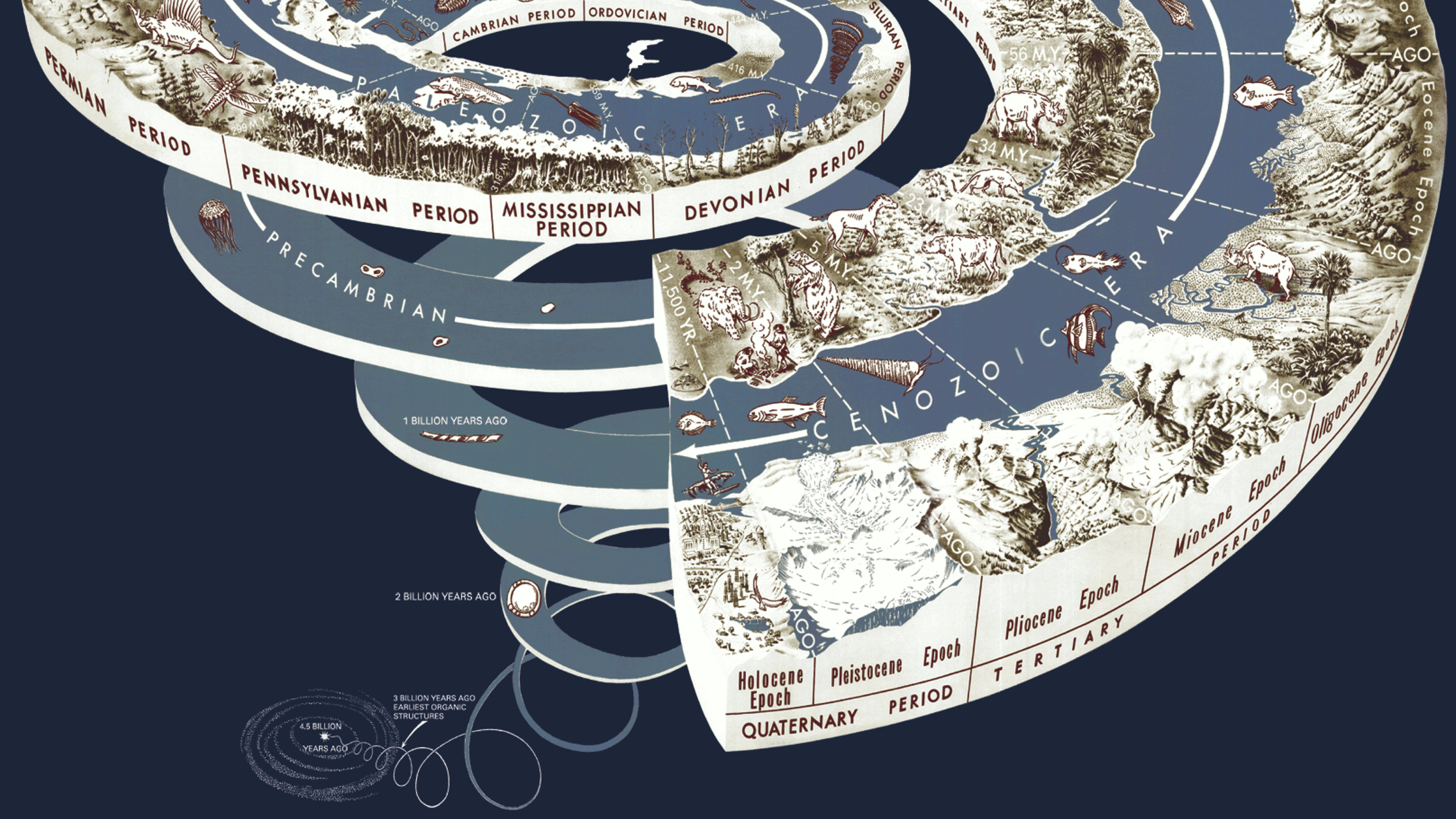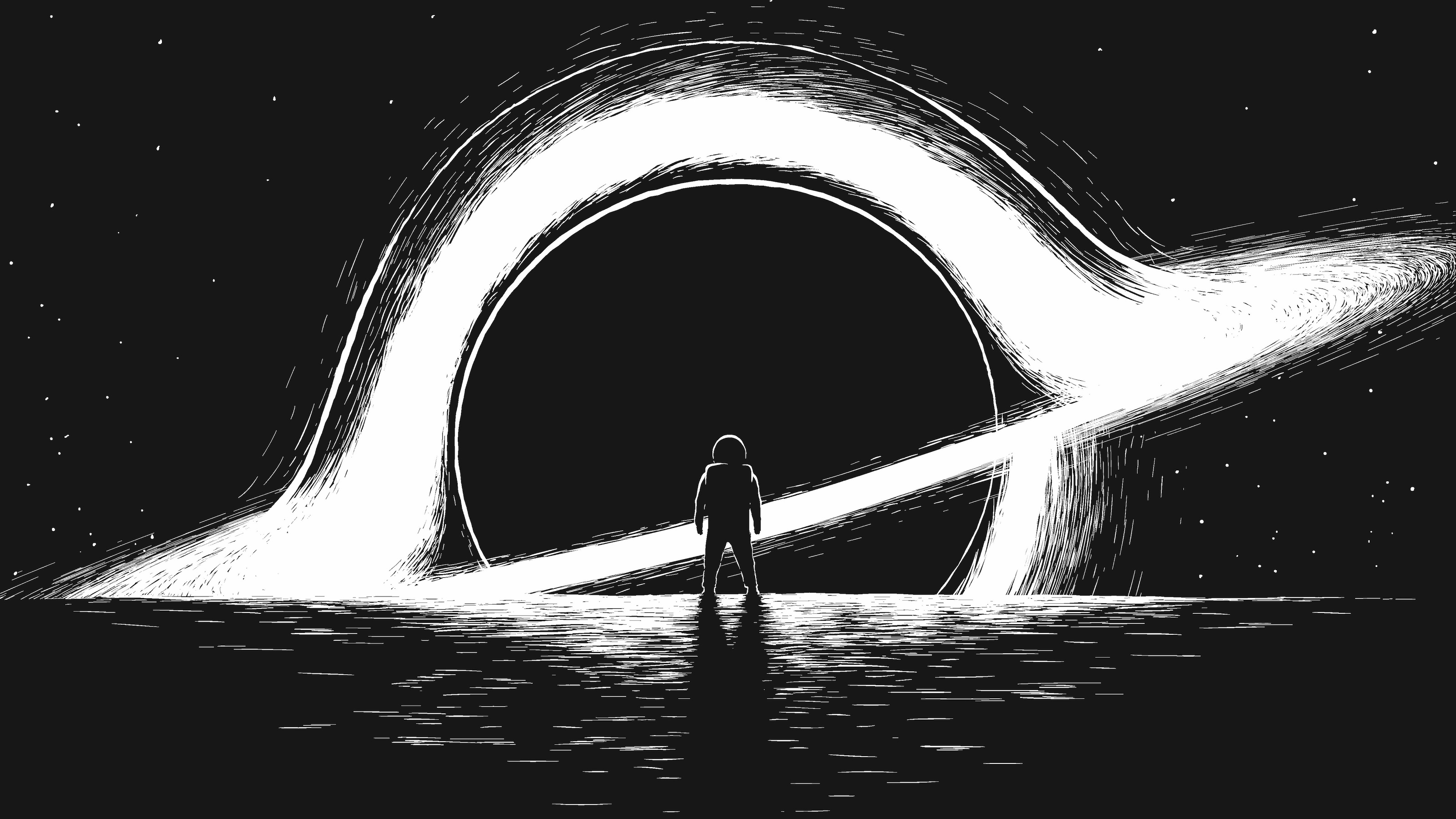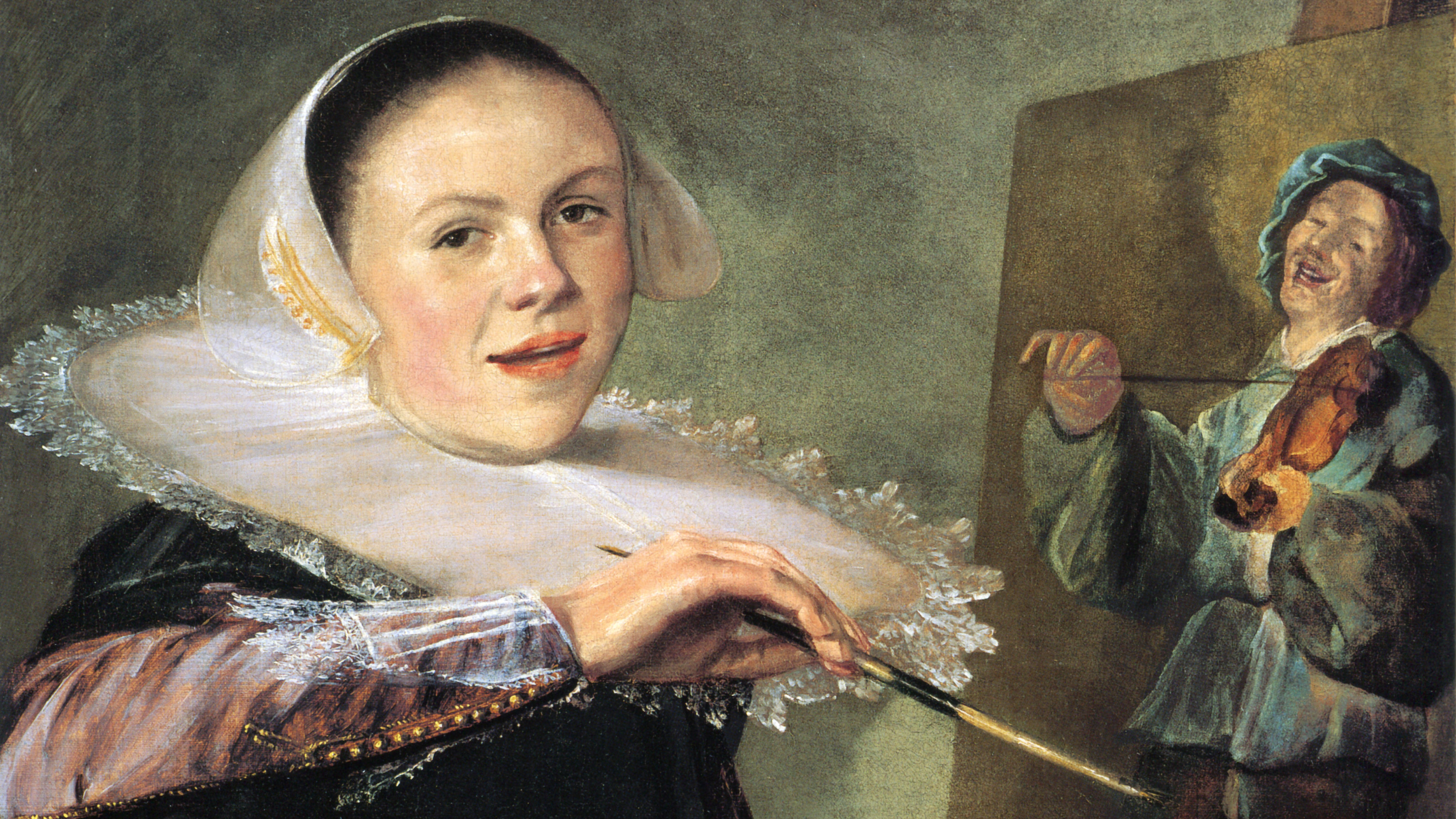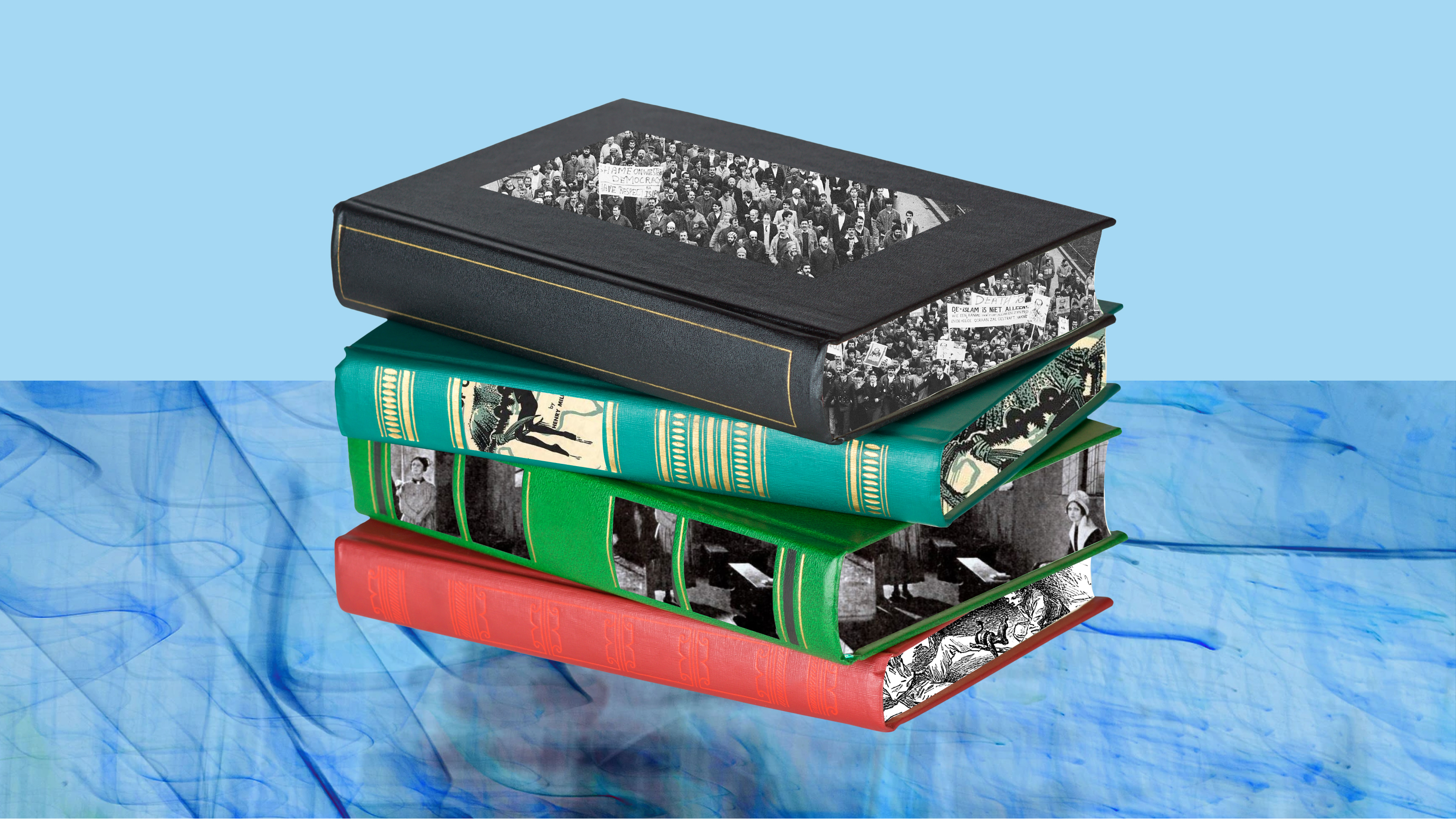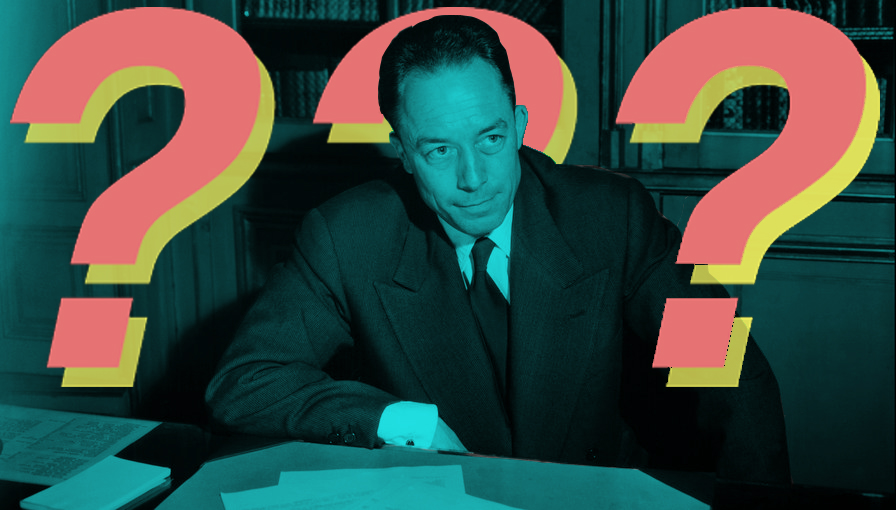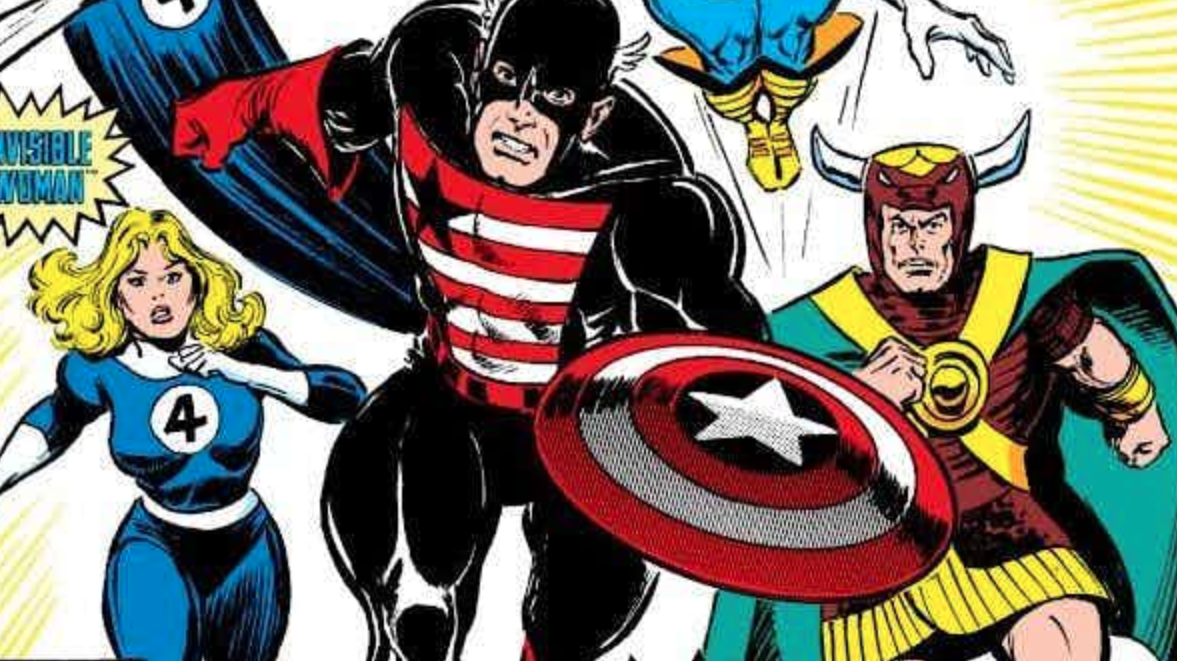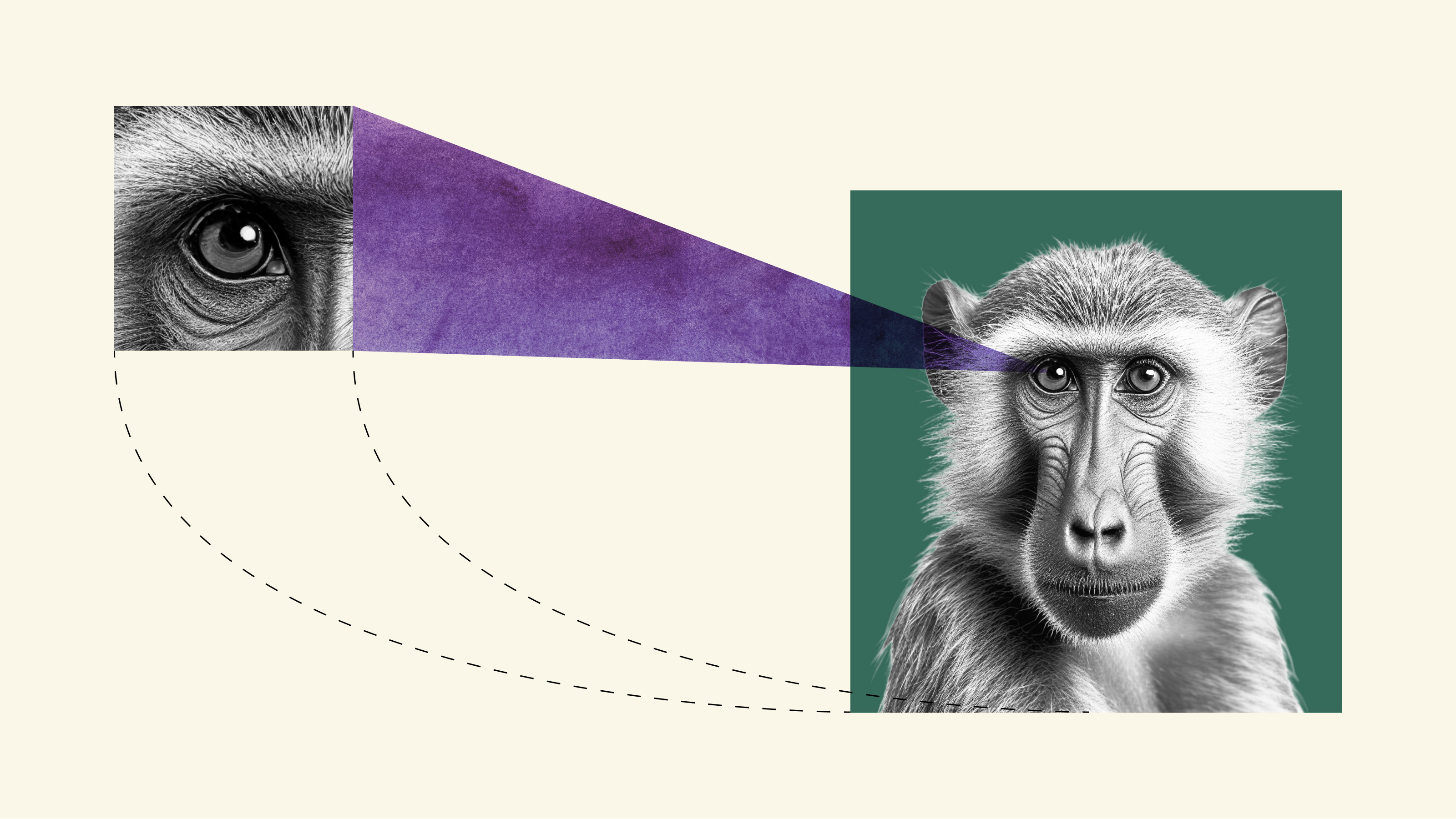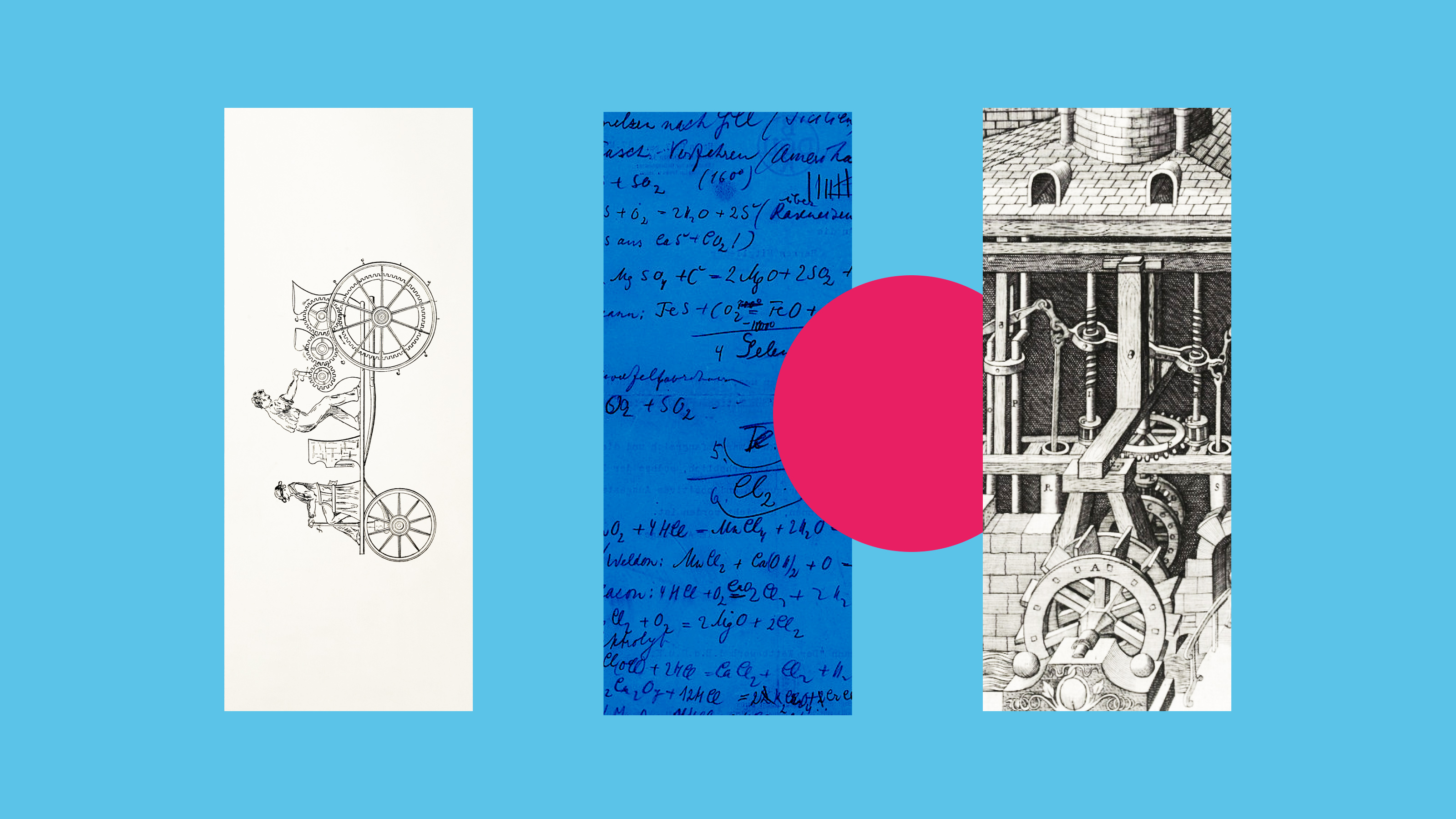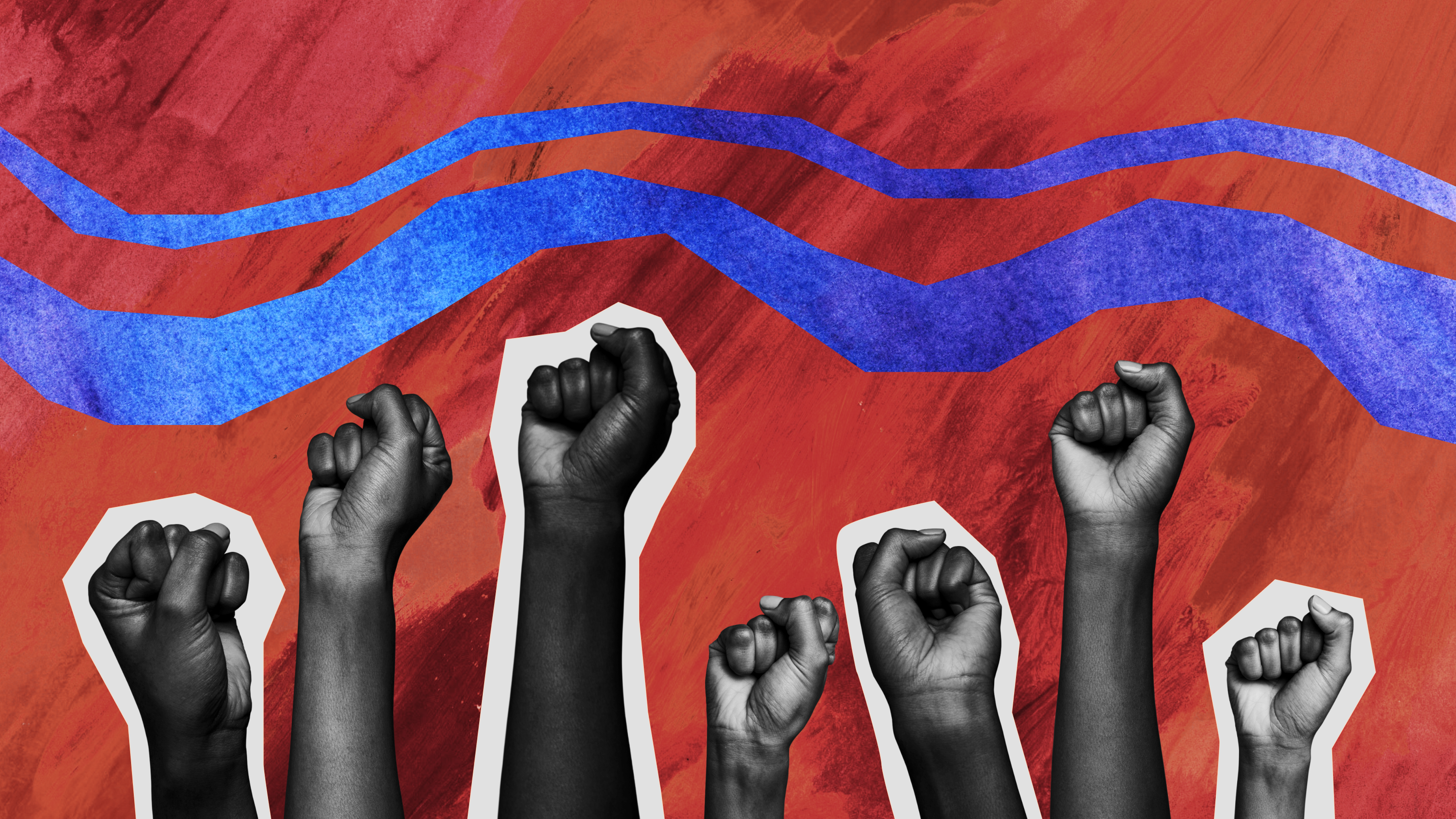books
Reading classic books can inform you as much about the present as the past.
The deep-thinking oddballs of West Coast cycle racing valued mid-ride marijuana over sports science.
Piano Sonata No. 23 offers a window into the way culture became an instrument of Soviet state policy.
Not every classic enjoyed rave reviews from the start.
The future of healthcare may bring powerful collaborations between AI and medical professionals.
As AI evolves — and more robotic warfare systems are deployed — the nature of conflict could change beyond recognition.
Data scientists first gained prominence by making us click on ads — now the profession spans a multiverse.
Some authors never saw their books score widespread acclaim—or even get published at all.
Without modularization, many epic projects simply would be impossible.
“You gotta know when to fold ’em.”
The old linear job model is obsolete. Our post-pandemic work lives are defined by options and flexibility.
Though he renounced philosophy, Stephen Hawking’s final theory of the universe redraws the basic foundations of cosmology.
Delay the instant gratification of online knowledge and first seek out the wisdom within yourself.
Try writing a novel without using the letter “e.”
When the going gets tough, nothing beats a wide network of tried-and-true connections.
Ketamine-assisted psychotherapy utilizes a non-ordinary state of consciousness to heal.
You know that ghostly feeling that someone is nearby even though nobody is? It could be a trick of neural timing.
Tasting sounds and hearing colors.
Humanity can avoid catastrophe — if we look beyond our blinkered present.
We bring multifaceted selves to our interactions, and in these interactions co-create each other again and again.
The utilitarian “greatest happiness principle” has remained popular for two centuries — is it time for a rethink?
That scary swirling void from which nothing can escape is our perfect universal translation tool.
Pick up the paintbrush and get to work.
Some classic books, like Mark Twain’s “The Adventures of Huckleberry Finn,” remain controversial to this day.
Albert Camus was a Franco-Algerian philosopher with some great insights on the meaning of life, why you should look to this life and not the next, and why suicide is a poor choice.
What is Captain America doing in ancient Mesopotamia?
In all mammals, there are two brain pathways for processing information from the eyes: an evolutionarily ancient one and a more modern one.
The first “running machine” — later known as the bicycle — symbolizes a key design idea.
The restoration of public confidence is crucial for strong democratic governance around the world.
Civil engineer Martin Lebek has a brilliant plan to redress the world’s phosphorus imbalance.
